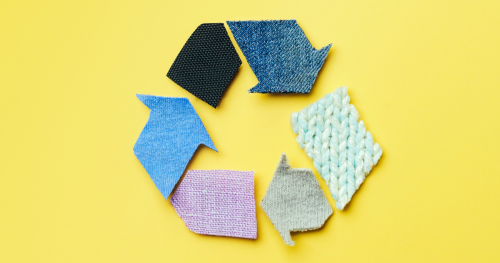 Thanks to Alessandra Ruggiero for collaborating on this article
Thanks to Alessandra Ruggiero for collaborating on this article
The EU Commission recently published a proposal that would revise the Waste Framework Directive[1] by introducing mandatory harmonized extended producer responsibility (“EPR”) rules for the textile industry (the “Proposal”).[2]
On average, EU consumption of textiles has the fourth highest impact on the environment and climate change (after food, housing, and transport). According to a study conducted by the Joint Research Centre (“JRC”), total textile waste in 2019 amounted to 12.6 million tons.[3]
The Proposal is designed to:
- provide incentives for reducing waste and rendering textile products more circular by introducing what is known as the “eco-modulation principle” for textiles; this would cause producers to fund the cost of textile waste management and make payments to the EPR system based on environmental performance;
- achieve the goal of collecting textiles separately as of 2025, using producer contributions to finance separate collection, sorting, reuse, and recycling;
- promote research and development of innovative technologies that render textiles more circular;
- fight illegal export of textile waste to countries ill-equipped to manage it; the Proposal establishes definitions for waste versus reusable textiles and would curtail the currently widespread practice of exporting waste in the guise of reuse.
The Proposal is a large step forward for the EU strategy for sustainable and circular textiles.[4] Among other things, it provides a series of incentives for sustainable textile waste management. The stated main goals are to:
- create a greener and more competitive sector that is more resistant to global shocks;
- place on the EU market durable textiles made of recycled fibers that can be repaired and recycled and are produced without hazardous substances and without harm to social rights and the environment.
The underlying mantra is “Fast fashion is out of fashion—and consumers benefit longer from high quality affordable textiles.”
[1] This is Directive 2008/98/EC, which sets forth basic waste management principles—e.g., it requires that waste be managed without endangering human health, harming the environment, or causing risk to water, air, soil, plants, or animals; it requires that explanations be provided on the transformation from waste to secondary raw material; and it explains how to distinguish between waste and byproducts.
[2] The EU Commission proposal is available at this link.
[3] Source: European Commission, Joint Research Centre—Techno-scientific assessment of the management options for used and waste textiles—2023 (under development).
[4] It also implements the commitments contained in the European Green Deal, the Circular Economy Action Plan, and the European industrial strategy.


